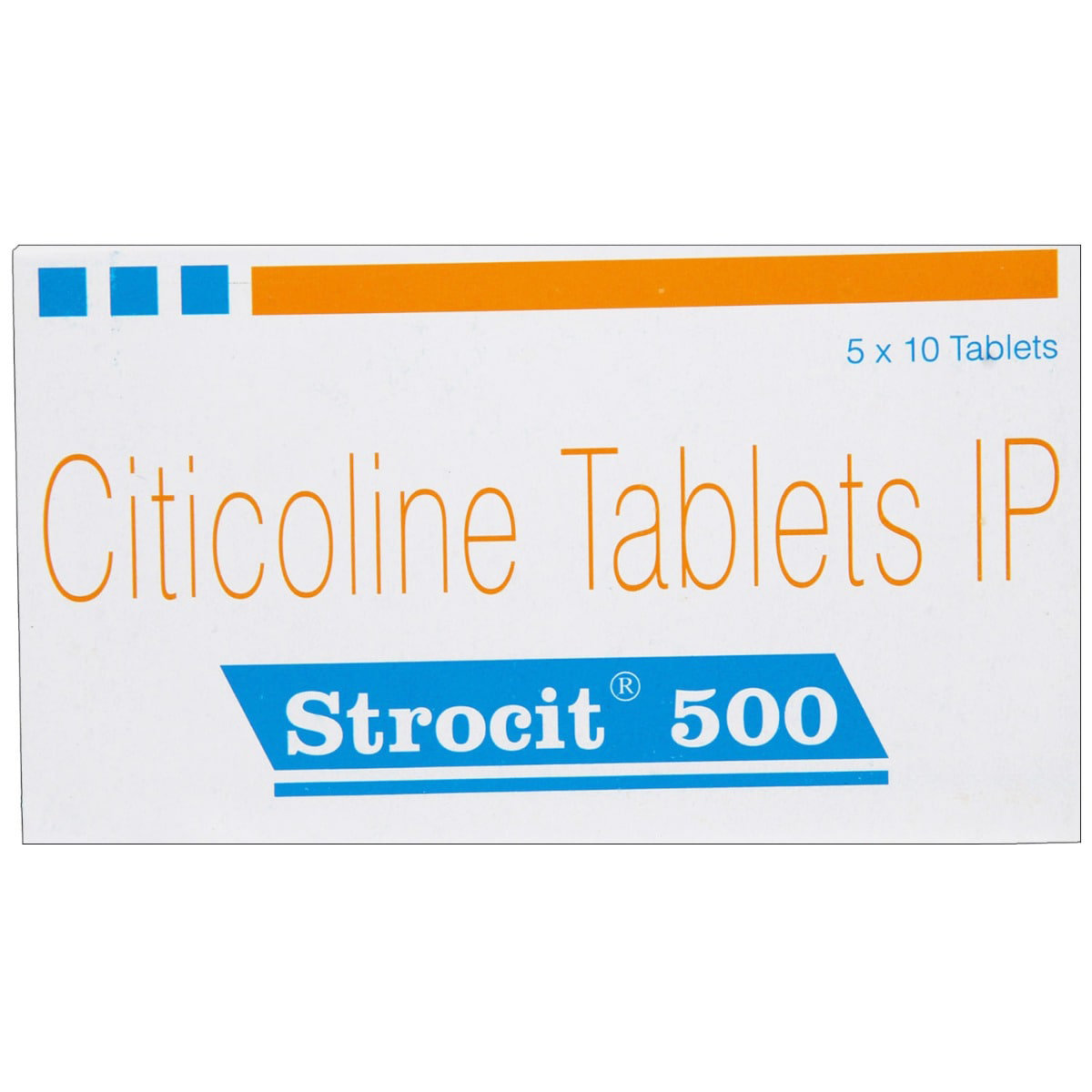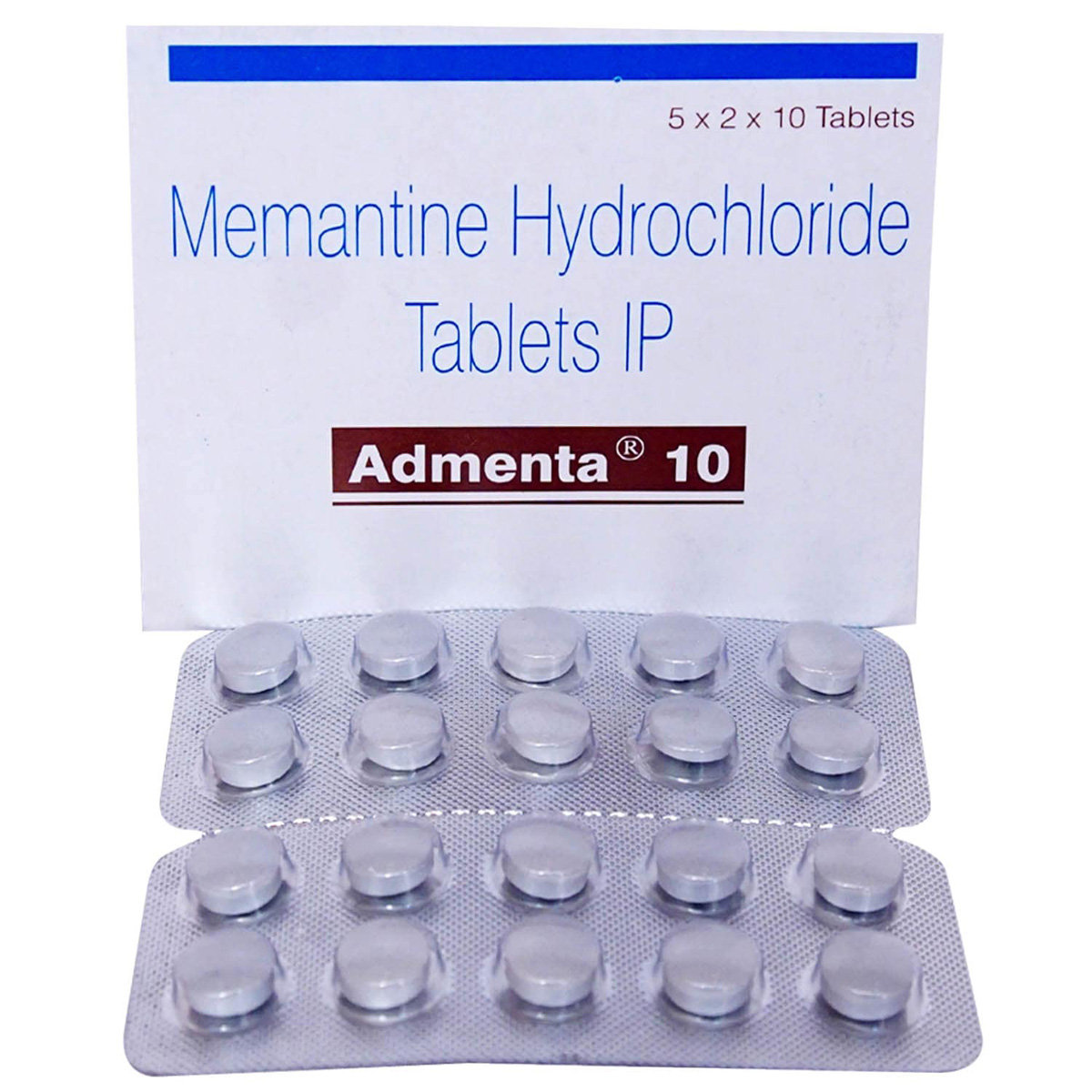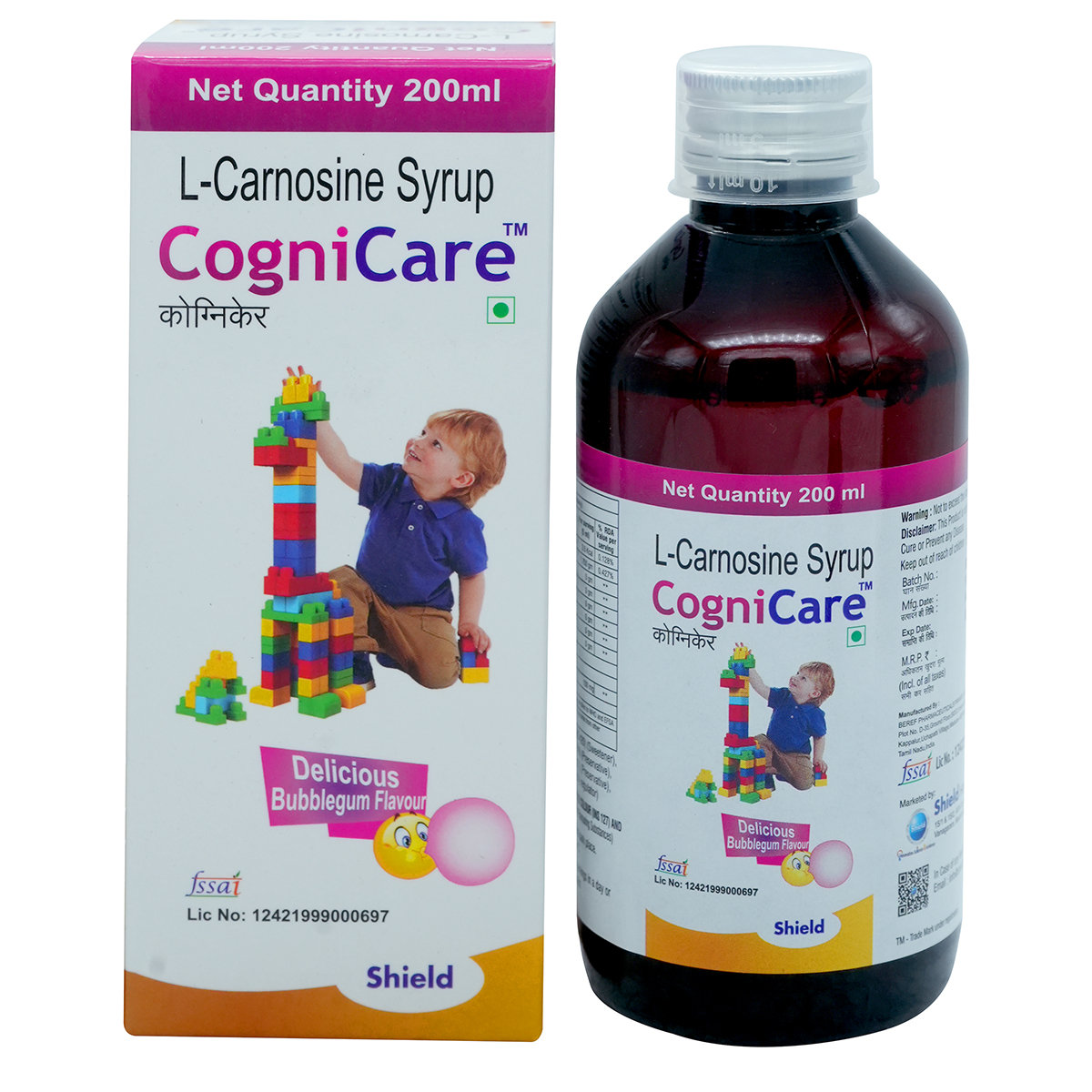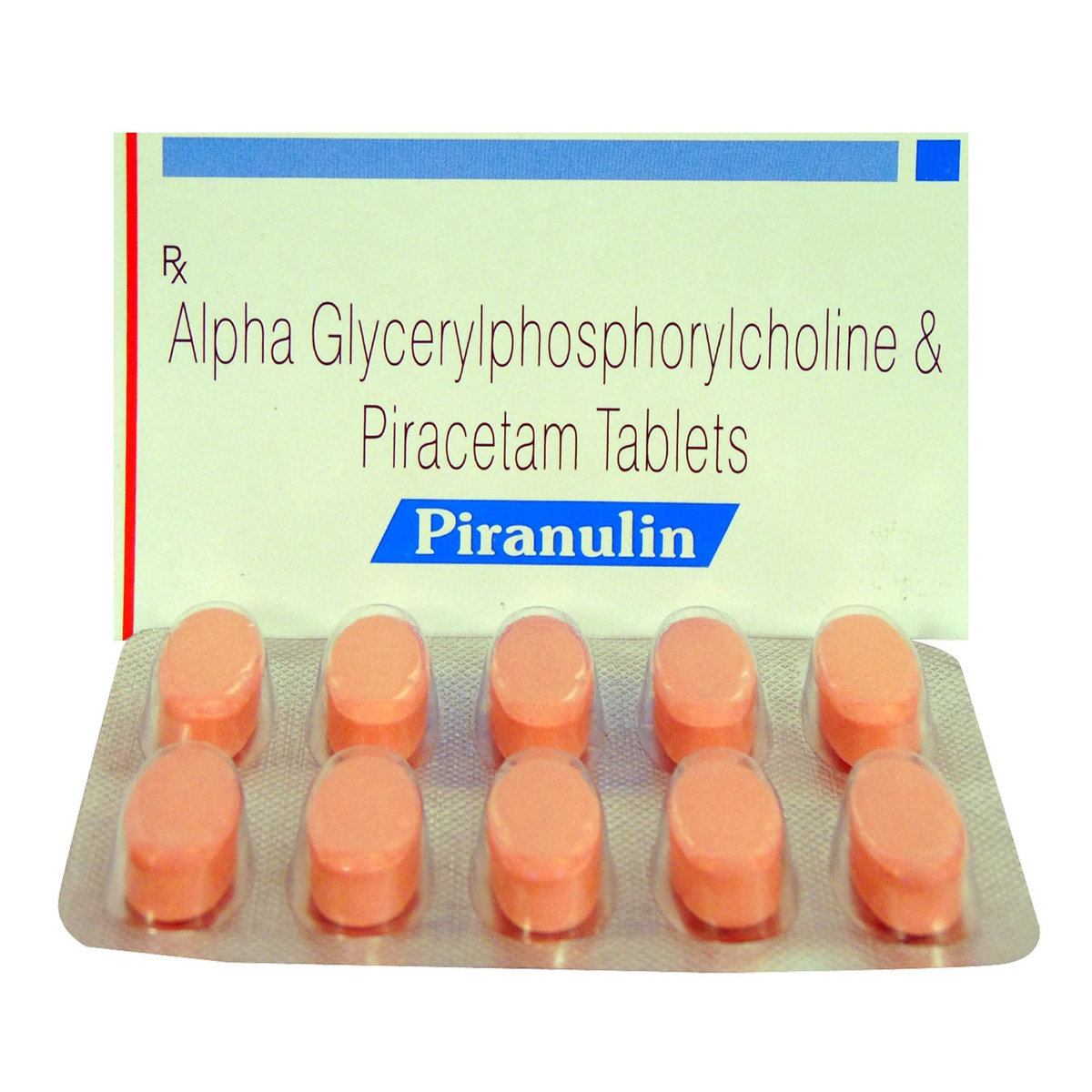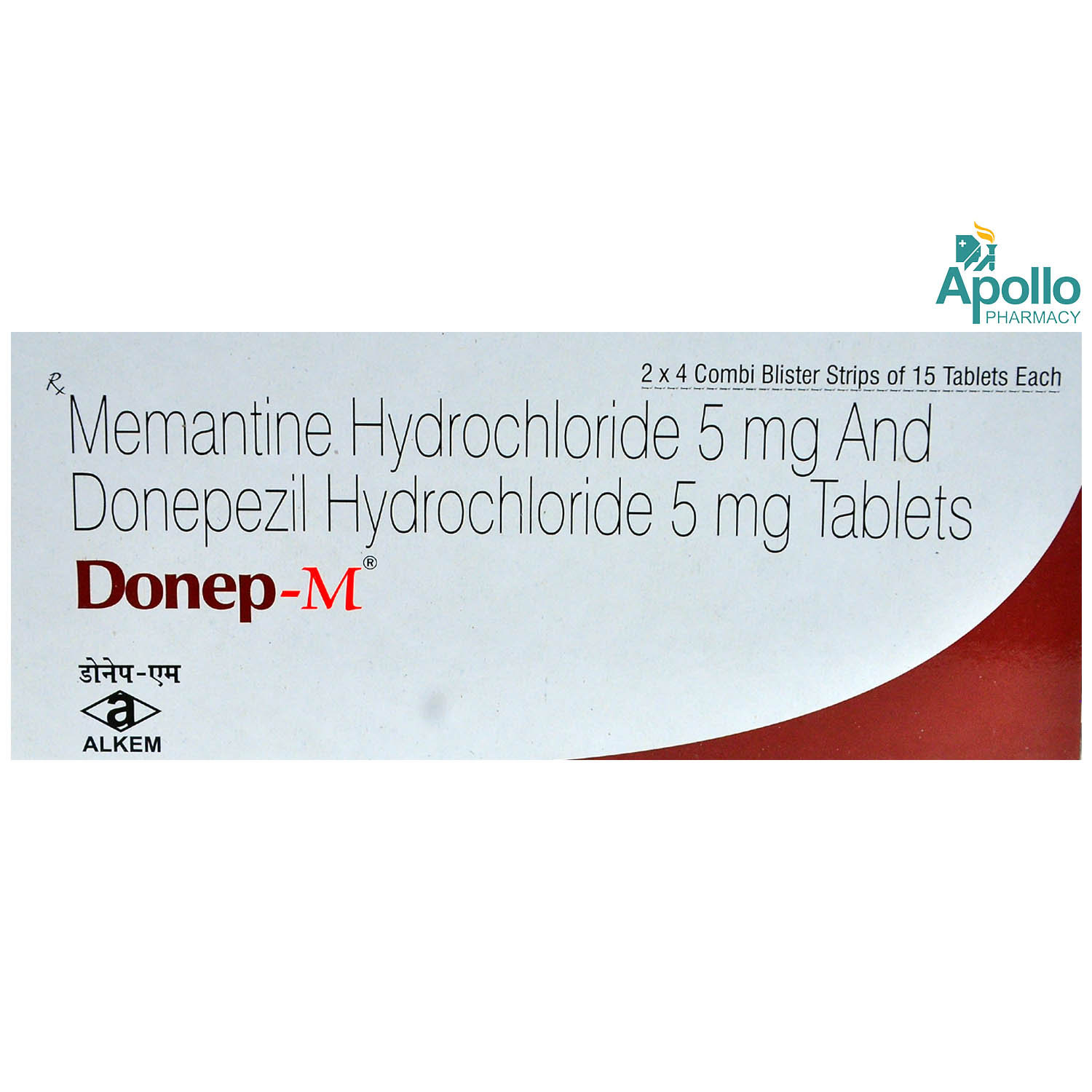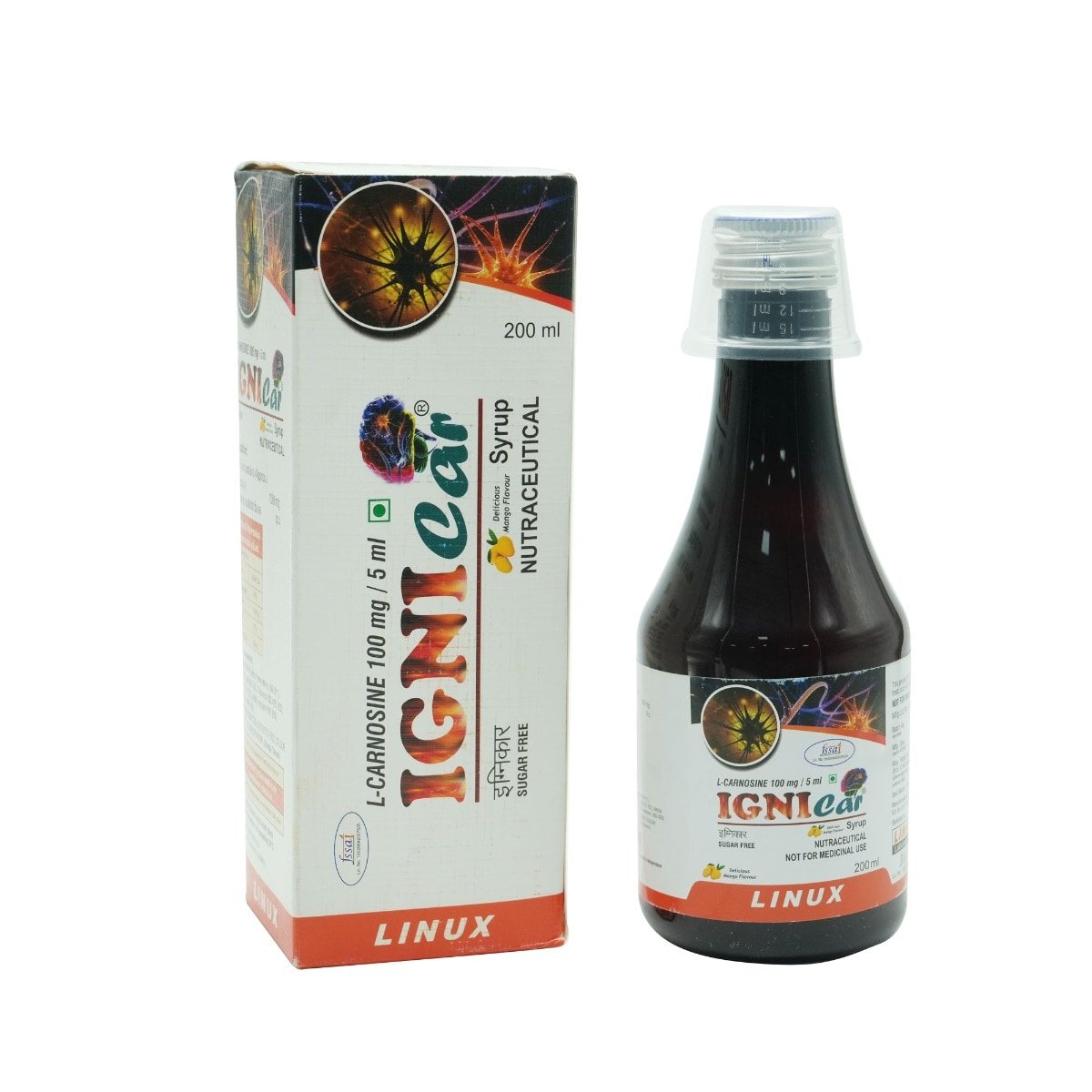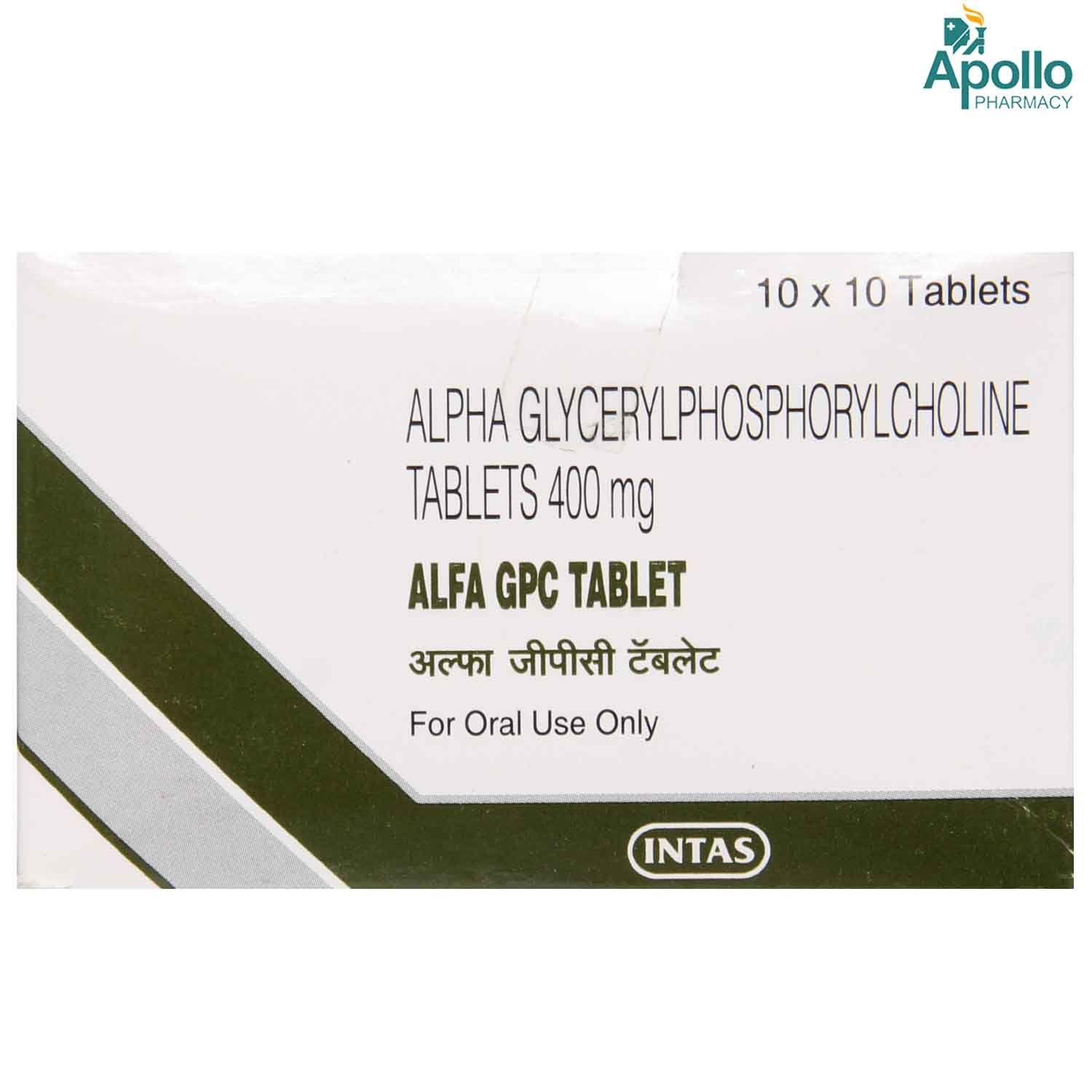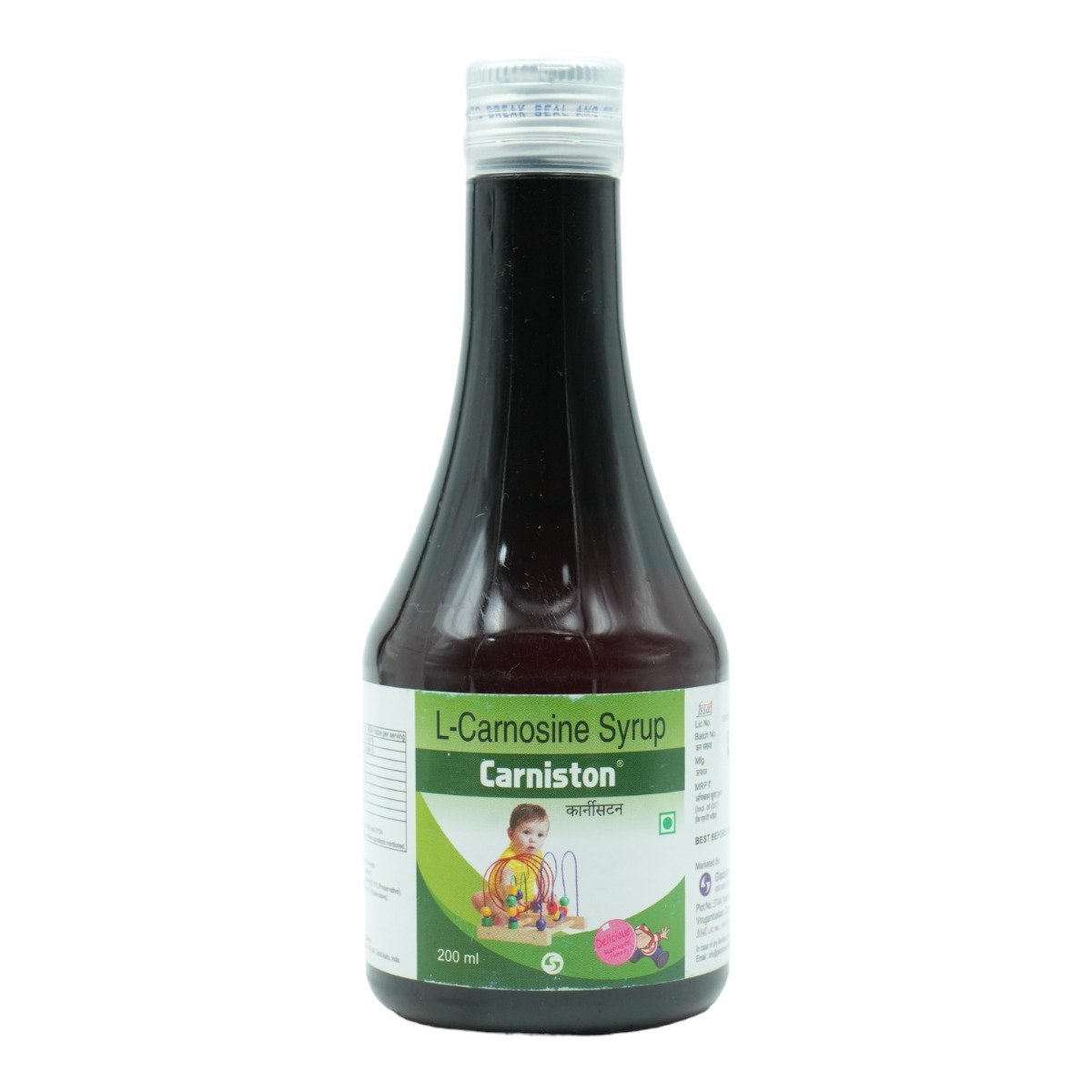- Home
- Health Condition
Medicine For Dementia
Medicine For Dementia
- Total Items (205)

Osmega-500 Capsule 10's
₹335.50
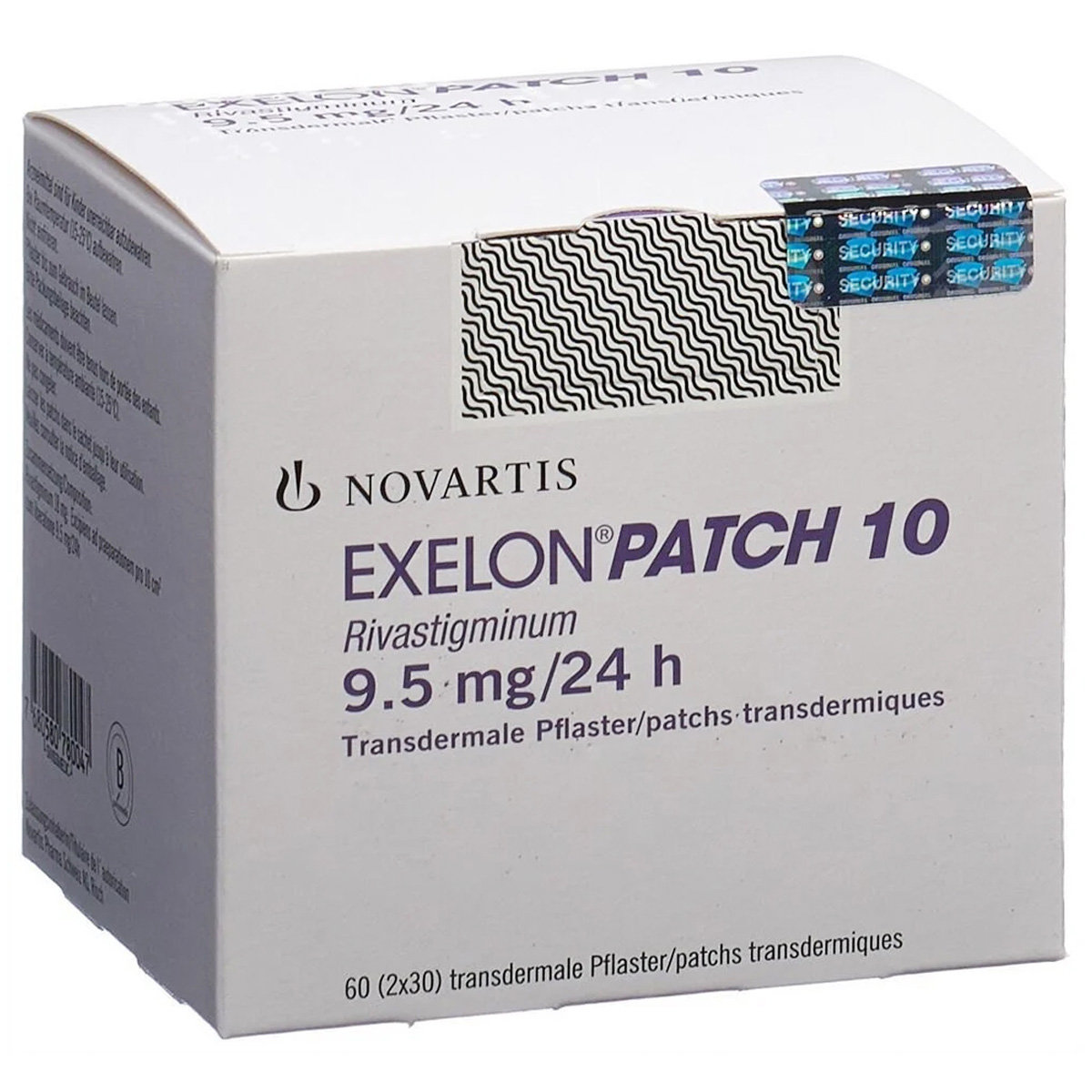 RX
RXExelon Patch 10
₹5662.50
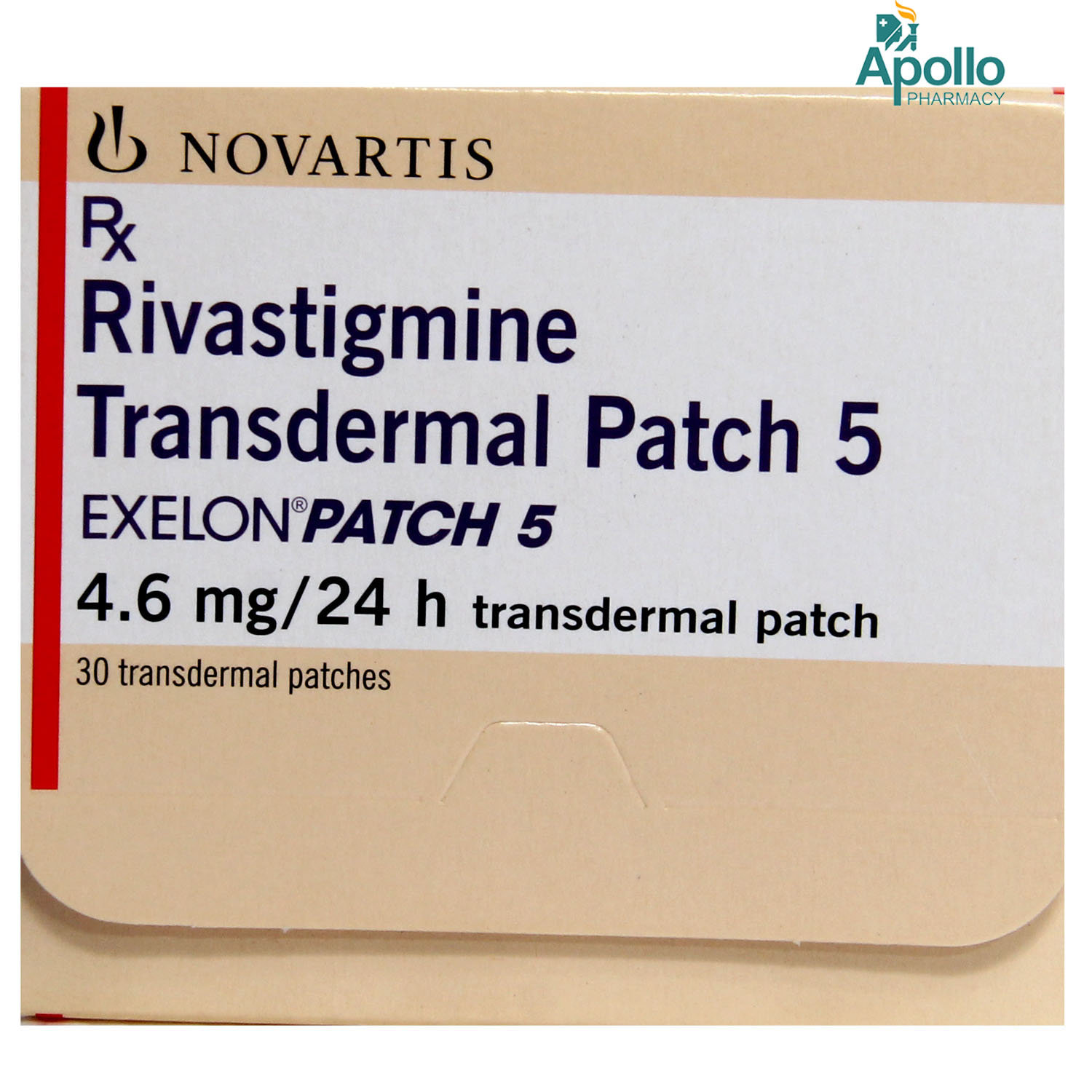 RX
RXExelon Transdermal Patch 5
₹5598.50
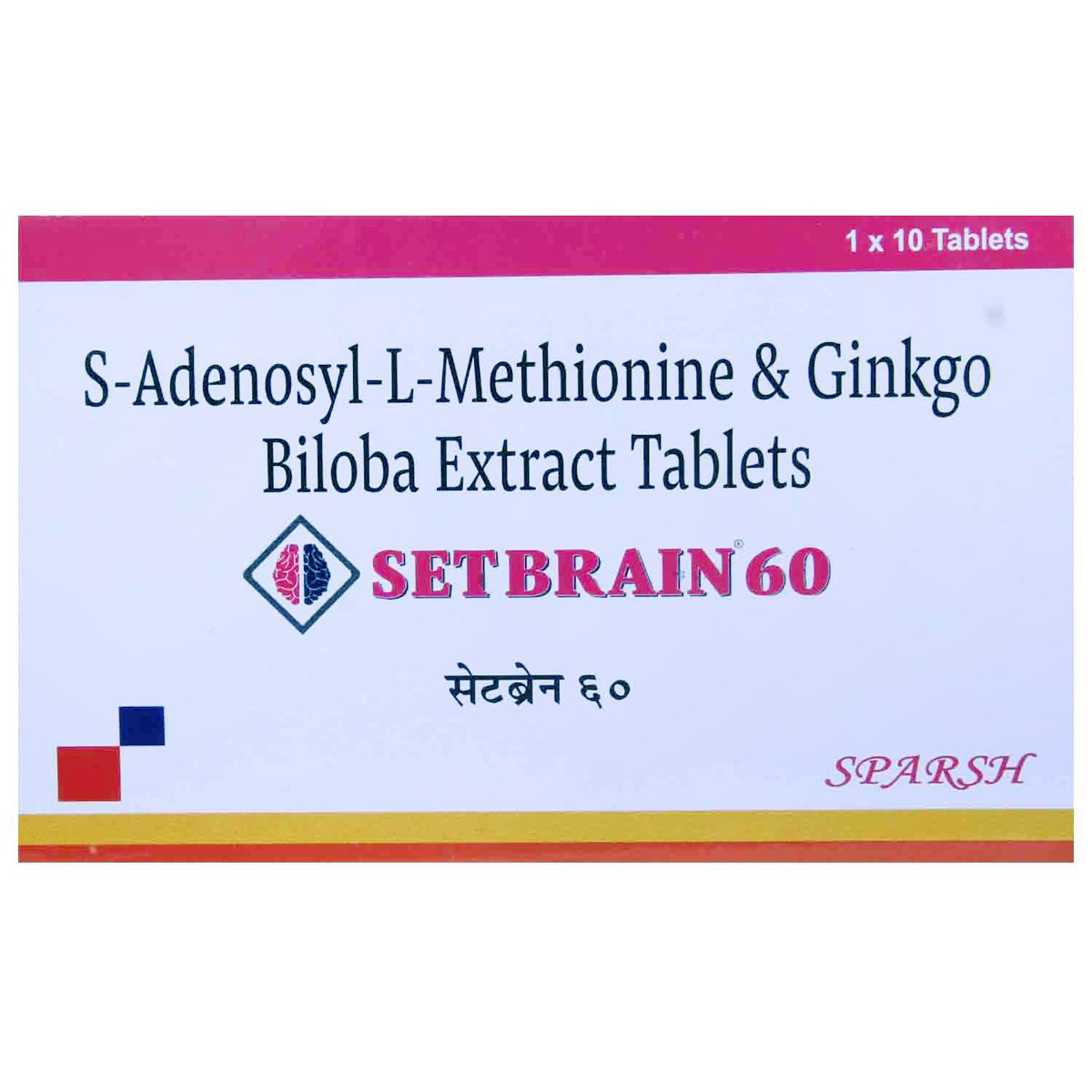
Setbrain 60 Tablet 10's
₹310.50
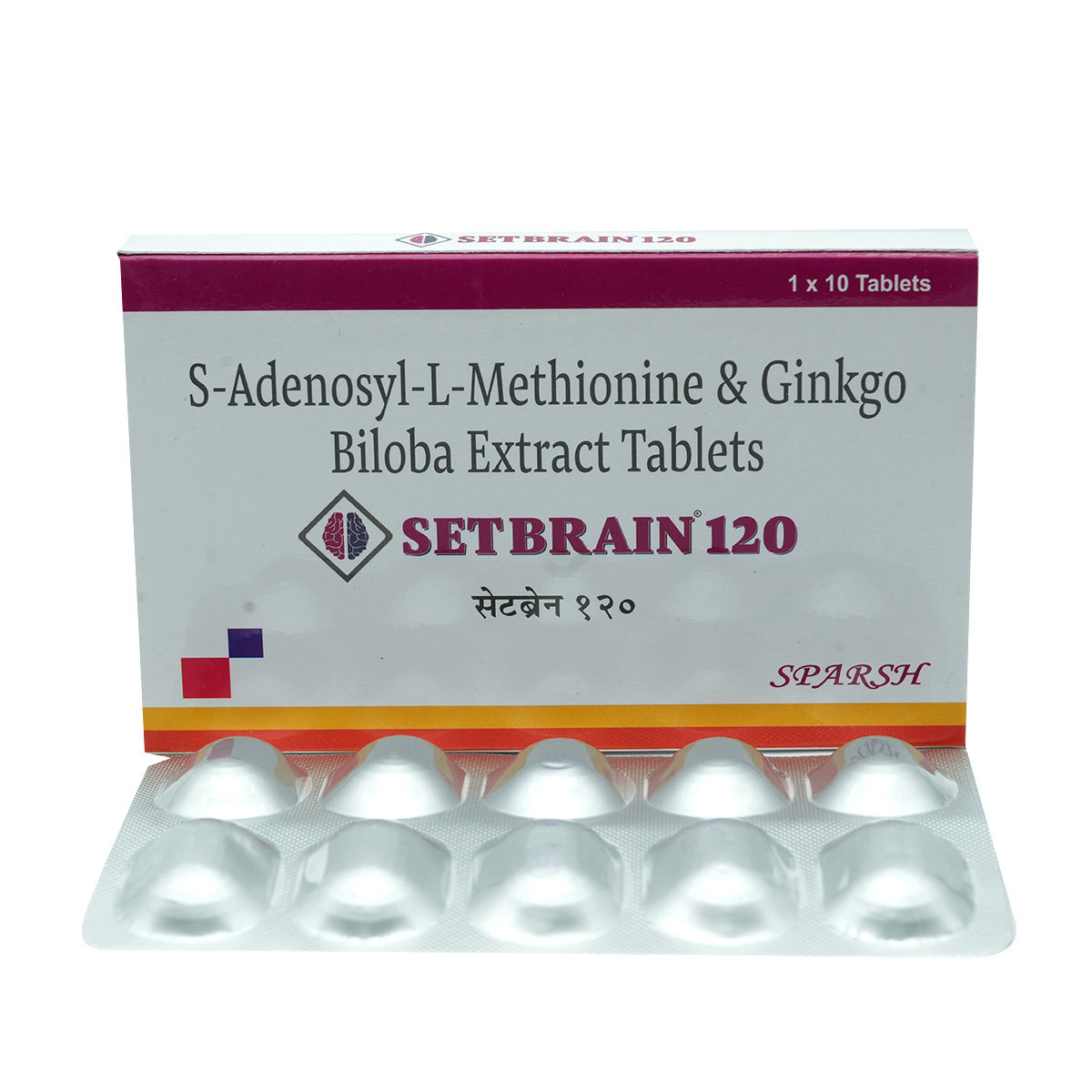
Setbrain 120 Tablet 10's
₹577.50
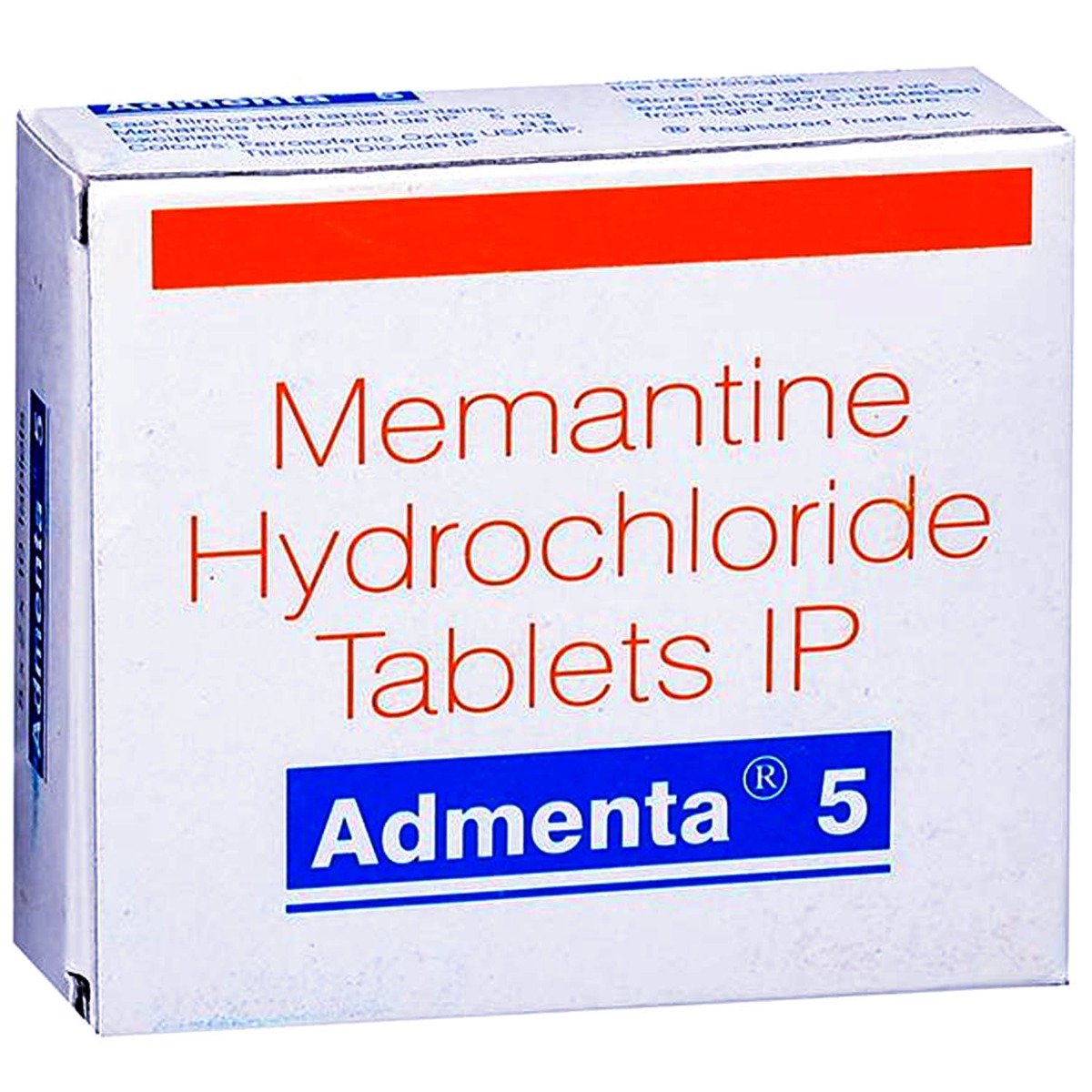 RX
RXAdmenta 5 Tablet 10's
₹123.50
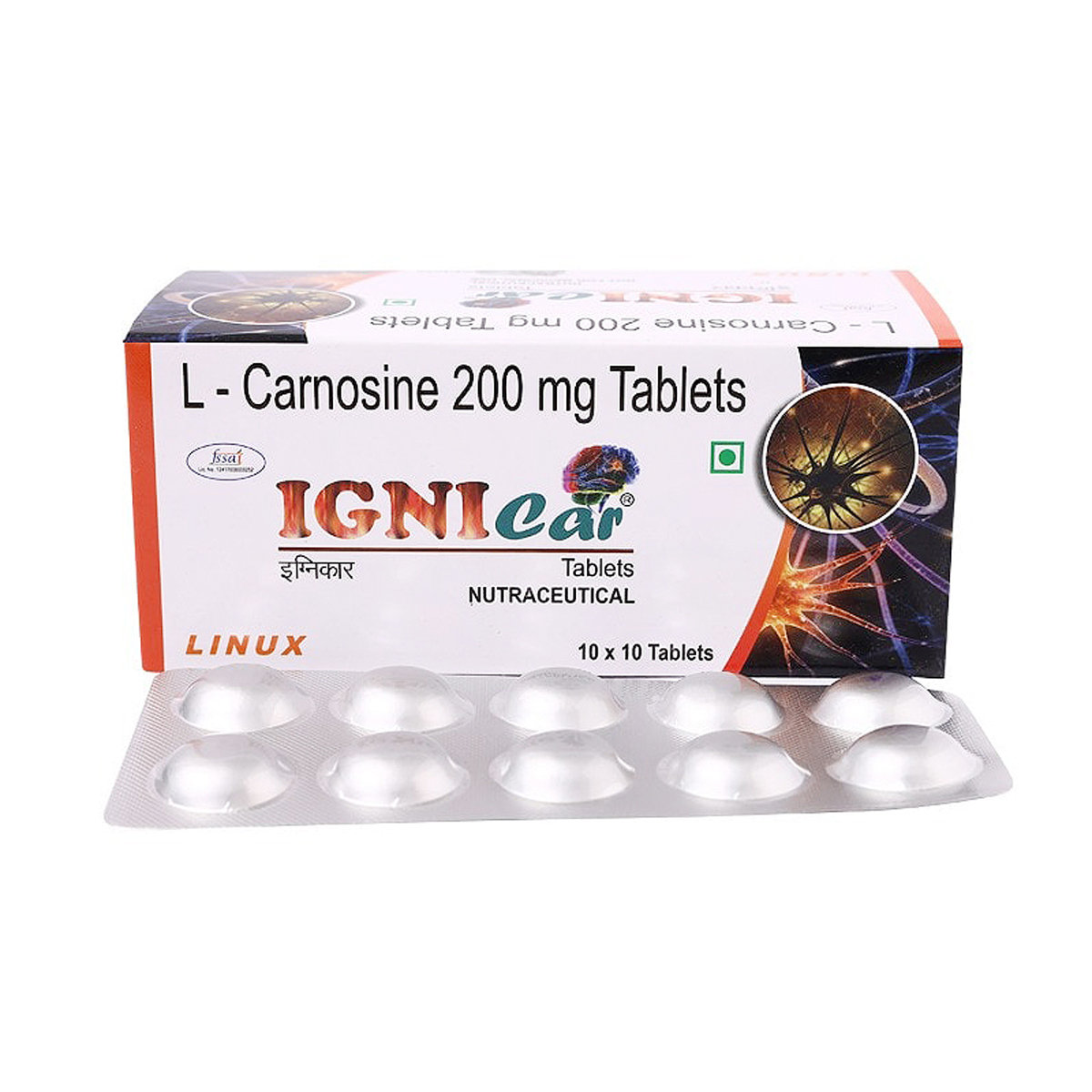
Ignicar Tablet 10's
₹440.50
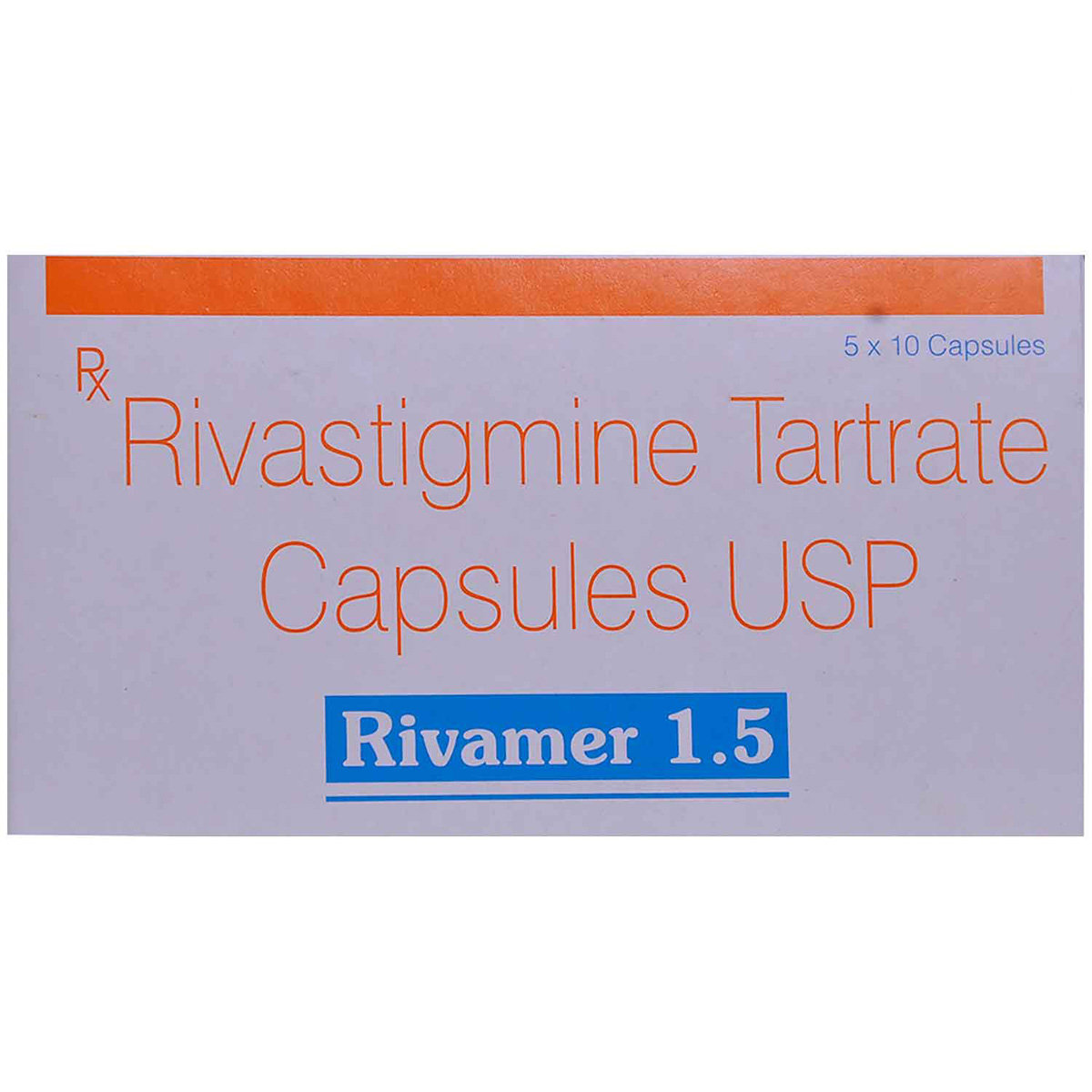 RX
RXRivamer 1.5 Capsule 10's
₹197.50
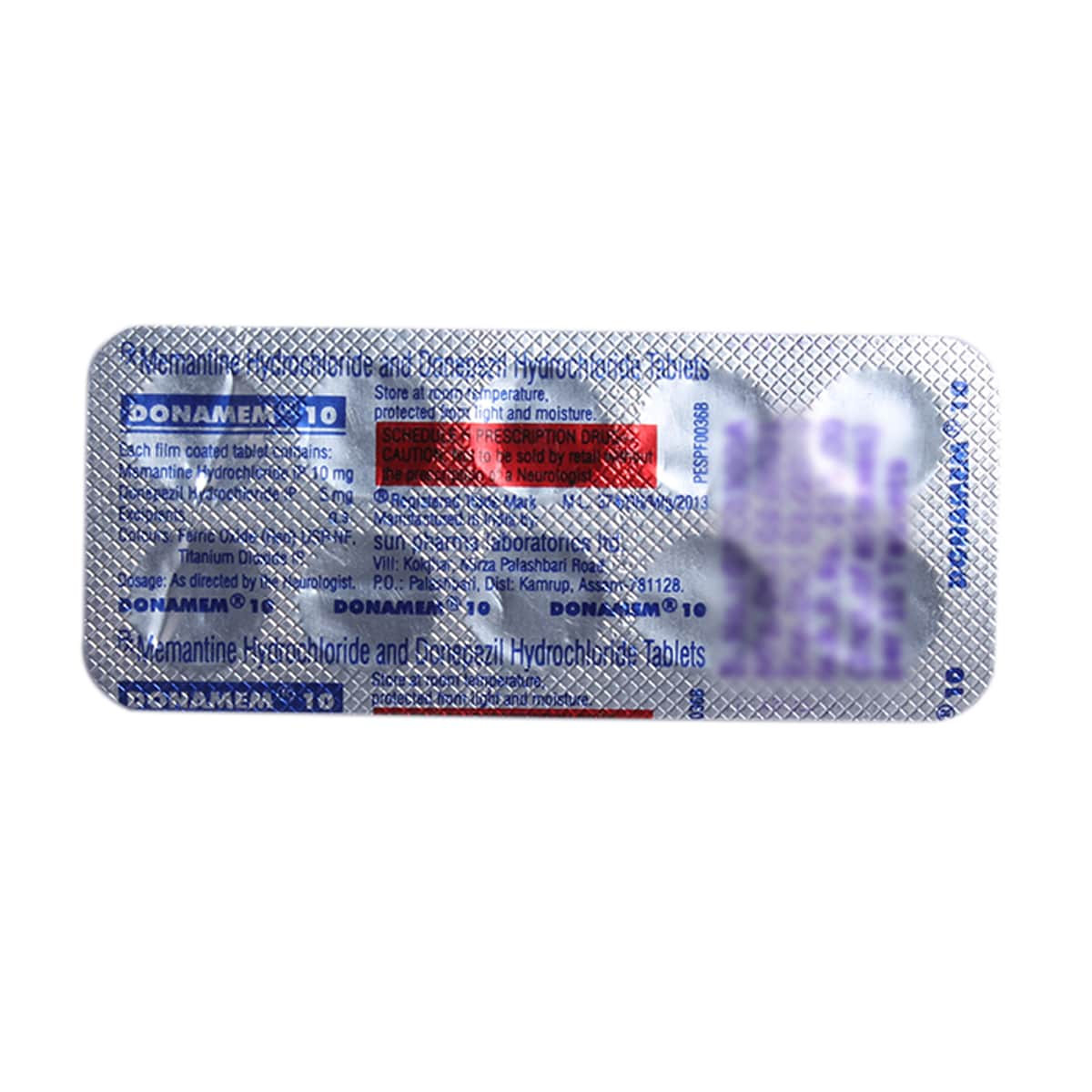 RX
RXDonamem 10 Tablet 10's
₹259.50
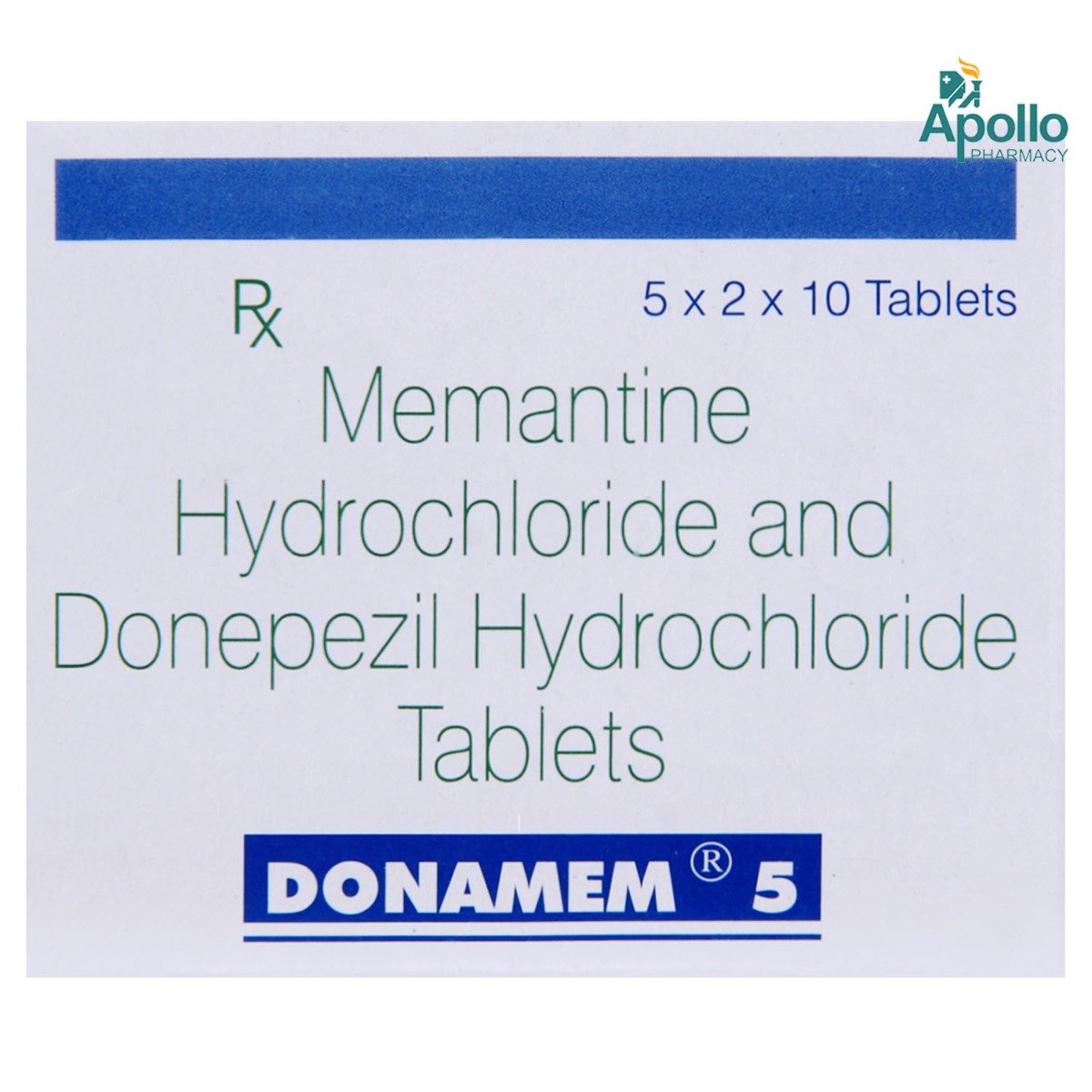 RX
RXDonamem 5 Tablet 10's
₹187.50

Osmega Capsule 30's
₹335.50
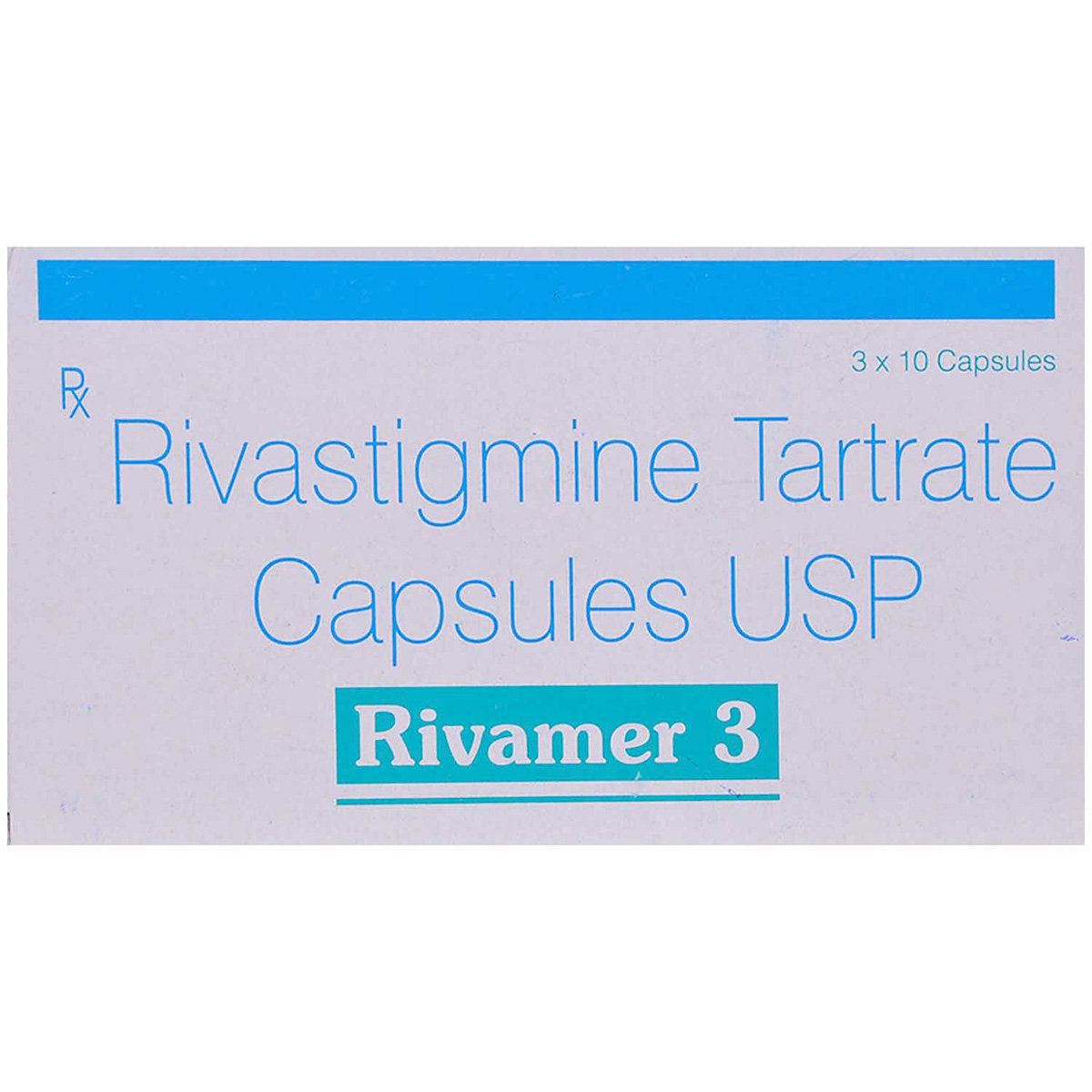 RX
RXRivamer 3 Capsule 10's
₹256.50
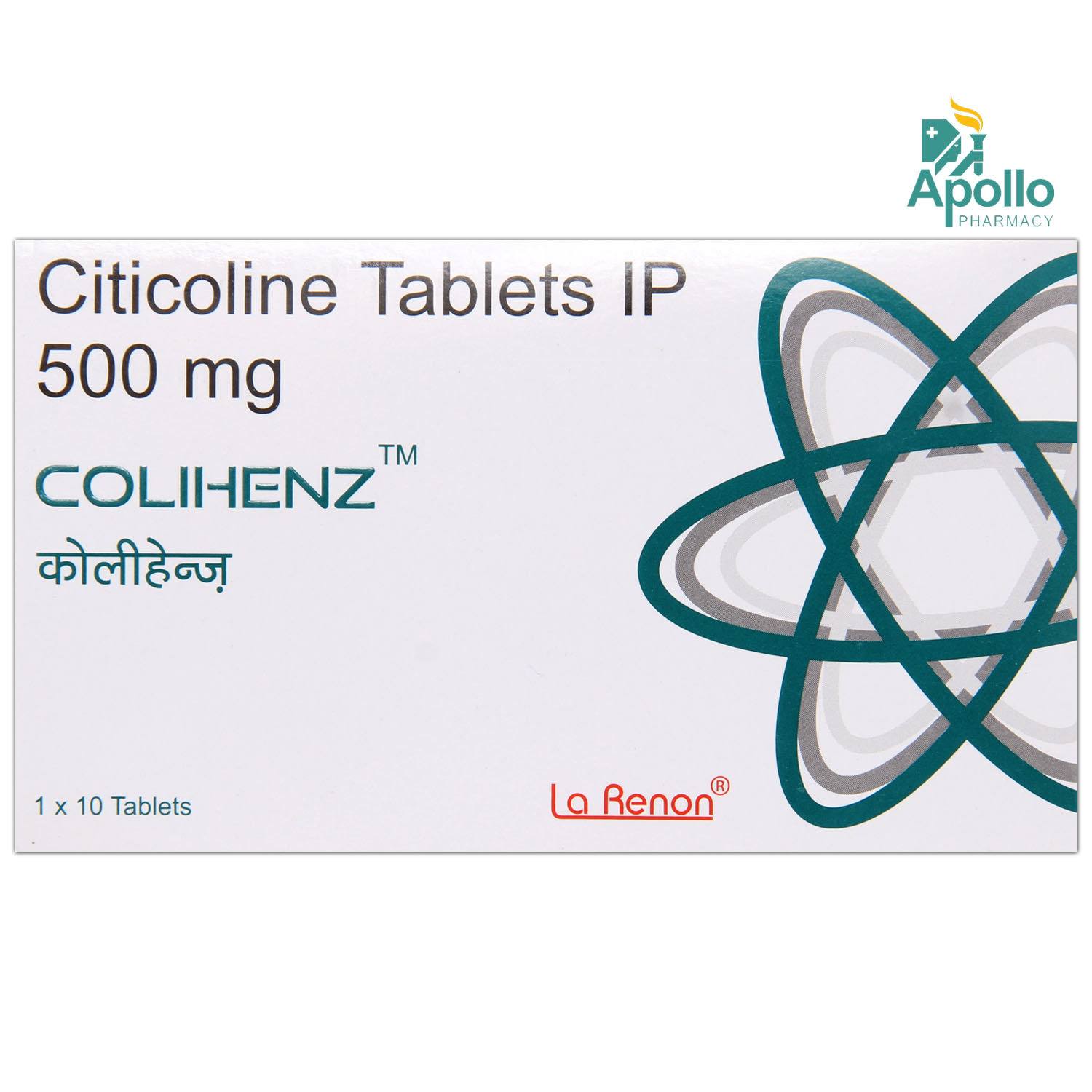 RX
RXColihenz Tablet 10's
₹712.50
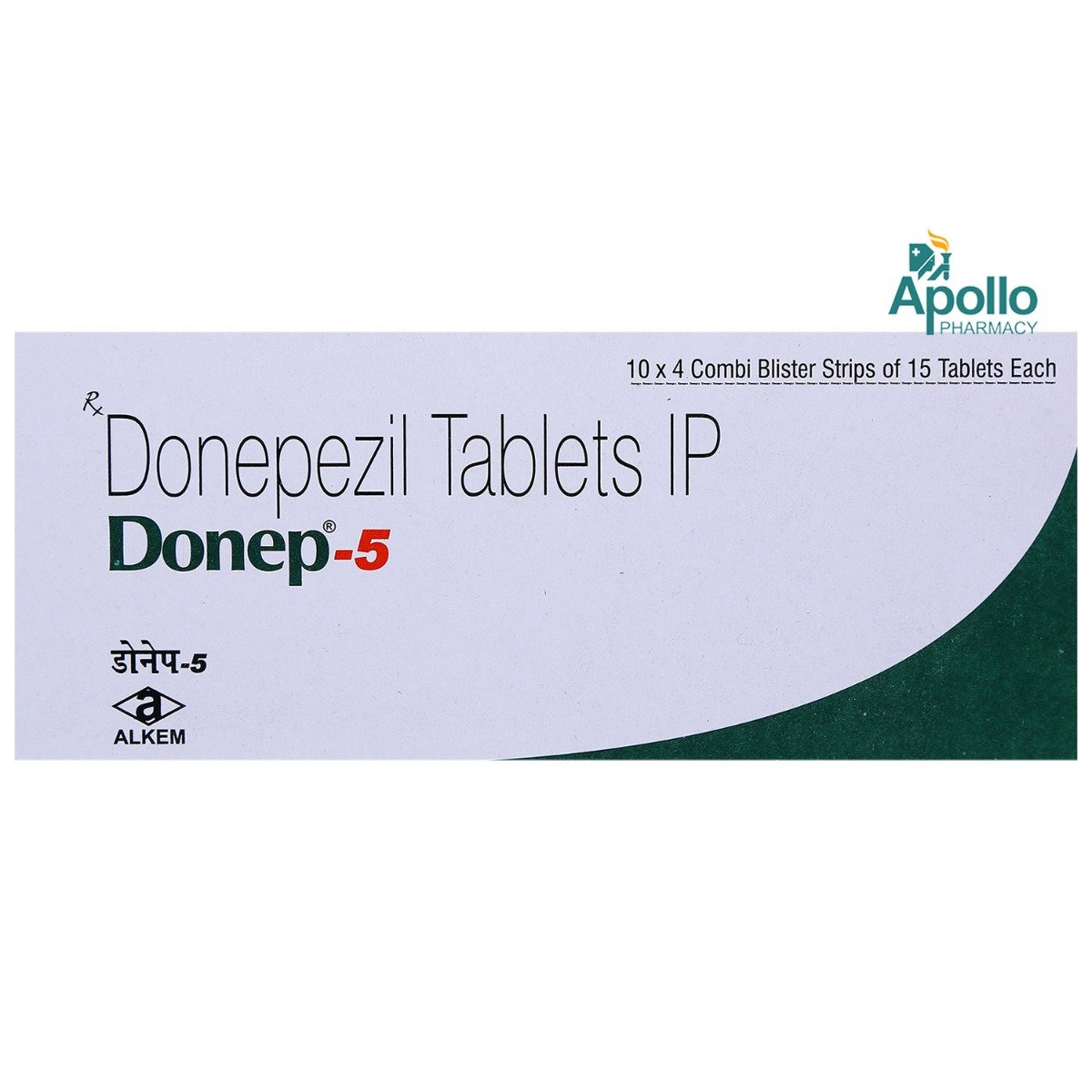 RX
RXDonep 5 Tablet 15's
₹193.50
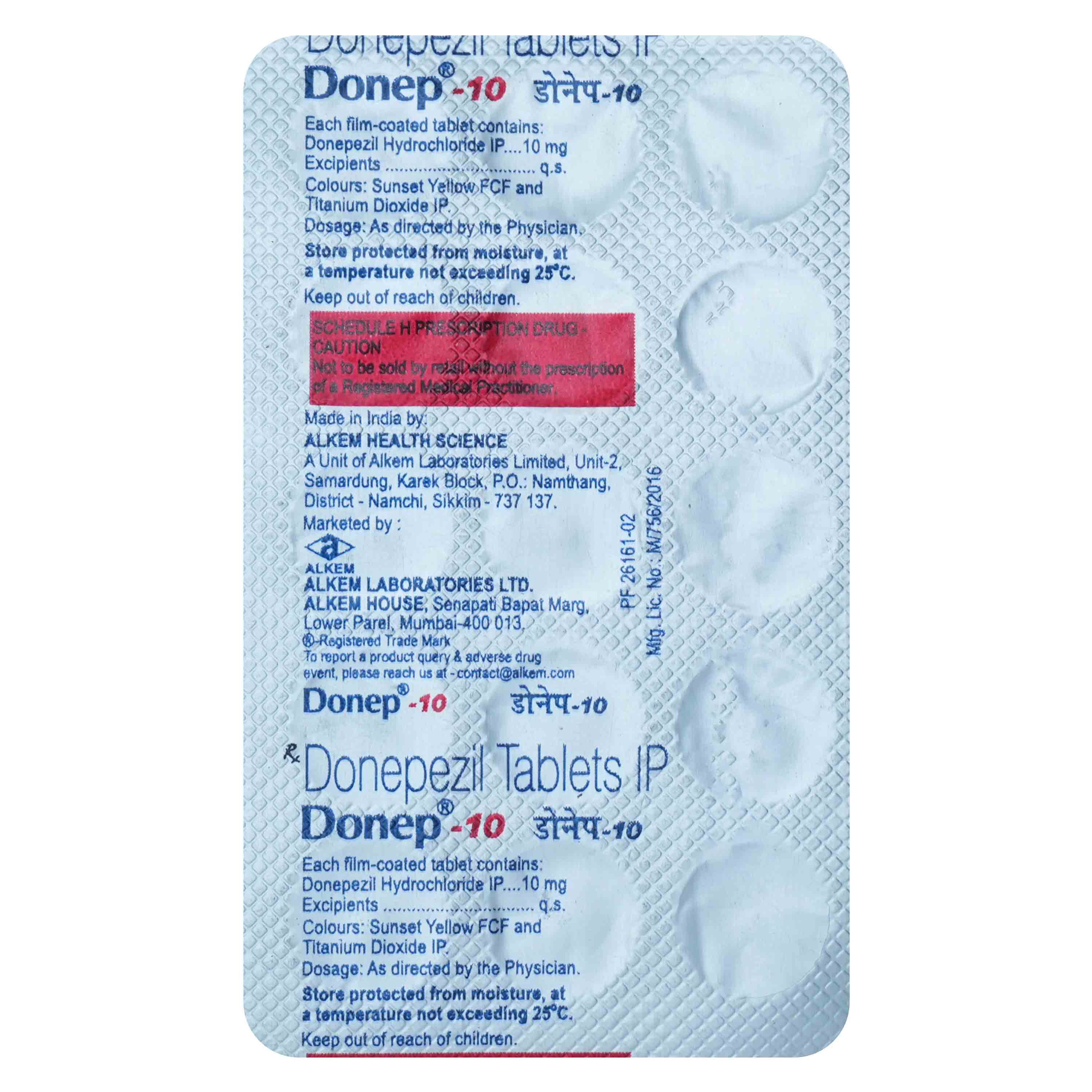 RX
RXDonep-10 Tablet 15's
₹279.50
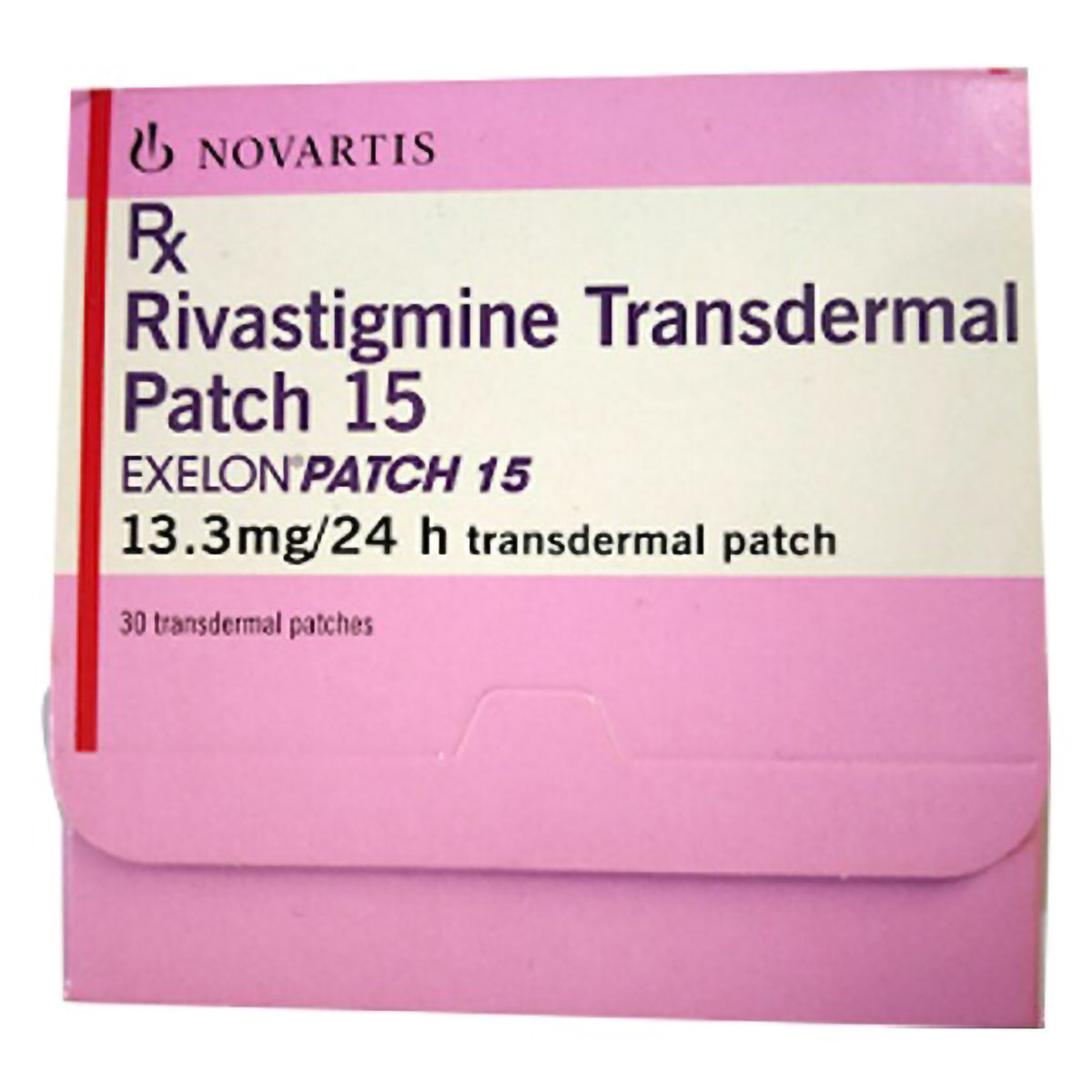 RX
RXExelon Patch 15Cm
₹5711
Medicine for Dementia
Dementia is a progressive neurological disorder that can affect memory, behaviour, cognition, and the ability to perform daily activities. It is caused by damage to brain cells that leads to impaired communication between them. Dementia is a syndrome (a group of related symptoms) that is associated with an ongoing decline in brain functioning. People often get confused about the difference between Alzheimer’s disease and dementia; however, Alzheimer’s disease is a type of dementia, followed by Vascular dementia, Lewy body dementia and Frontotemporal dementia. It is normal for a person’s memory to be impacted by stress, certain medicines and illnesses. However, if individuals increasingly become forgetful, particularly if they are above the age of 65, it is recommended to consult a doctor about the early signs of dementia and explore treatment options. This includes the right medicine for dementia.
Types of Medicine for Dementia
Several categories of medicines are used to manage symptoms of dementia, each targeting different aspects of the disease.
A few types of medicines for dementia include:
Cholinesterase Inhibitors
These medicines for dementia help boost communication between nerve cells by increasing acetylcholine levels, which is a chemical for memory and learning. Examples include donepezil, rivastigmine and galantamine. The UK has approved these medications to ease a person’s dementia symptoms, including memory and thinking problems. These treatments are only effective for people with Alzheimer’s disease, Parkinson’s disease dementia, Lewy body dementia and mixed dementia involving any of these types.
NMDA Receptor Antagonists
These drugs regulate glutamate, an important neurotransmitter involved in learning and memory. Memantine is a commonly prescribed NMDA receptor antagonist.
Combination Therapy
A few patients with dementia may benefit from a combination of cholinesterase inhibitors and NMDA receptor antagonists to manage symptoms more effectively.
Antipsychotics
In cases where patients experience severe agitation, hallucinations, or aggression, antipsychotic drugs such as olanzapine or risperidone may be prescribed. However, they must be used with caution due to potential side effects.
Antidepressants
Dementia can lead to mood disturbances such as anxiety and depression. Medicines like citalopram, sertraline, and fluoxetine may help improve emotional well-being.
Anxiety Medicines and Sleep Aids
Medications such as melatonin or lorazepam may be used to address sleep disturbances and anxiety, which are common in dementia patients.
Benefits of Using Medicine for Dementia
Dementia is a progressive neurodegenerative syndrome that has no cure. Although a significant proportion of people with dementia progress into the severe stages of the disease, evidence of the clinical effectiveness of treatments for people with severe dementia remains limited. However, medicines for dementia can help manage symptoms and enhance patient well-being.
Below are a few benefits of dementia medicines:
- Improves daily functioning: A medicine for dementia can support better communication, problem-solving and reasoning abilities.
- Reduces behavioural symptoms: Antipsychotic and antidepressant medications can help in managing aggression, mood swings and agitation.
- Slows cognitive decline: NMDA receptor antagonists and Cholinesterase inhibitors can help in slowing memory loss and cognitive impairment.
- Delays disease progression: Early intervention with appropriate medications may help patients with delaying disease progression.
Improves sleep regulation: Sleep aids may help improve sleep patterns and reduce nighttime restlessness. - Enhances quality of life: Patients may experience improved mood, reduced anxiety and better engagement in daily activities.
Dosage & Usage Instructions of Medicines for Dementia
It is critical to follow proper dosage and usage guidelines of dementia medicines to experience effectiveness. They must follow medical guidance to ensure optimal results.
General Dosage Guidelines
Below are a few guidelines that individuals can follow:
- Cholinesterase Inhibitors: Donepezil may be recommended to be taken once daily, while rivastigmine and galantamine may be taken once or twice daily.
- Combination Therapy: Some medications combine cholinesterase inhibitors with memantine, requiring a specific regimen.
- Antidepressants: Dosages may vary based on individual needs and may be usually taken once daily.
- NMDA Receptor Antagonists: Memantine is generally prescribed once or twice daily, depending on the dosage.
Sleep Aids: These are typically taken before bedtime to improve sleep quality. - Antipsychotics: These may be only prescribed in severe cases, with dosages carefully monitored to minimise side effects.
Caution
Below are a few pointers to follow:
- It is recommended to always first consult a doctor before starting or stopping any medication, avoiding self-medication. Suddenly stopping medications may worsen symptoms. Hence, following a doctor’s guidance is key.
- It is essential to monitor any side effects of taking dementia medicines, which can be dizziness, nausea, headaches and digestive issues.
- It is crucial to watch for drug interactions, as some dementia medications can interact with other prescriptions. Hence, informing the doctor about all medications being taken is also essential.
It is important to follow a strict medication schedule. Taking medicines at the right time each day may lead to maximum effectiveness.
Periodic check-ups help assess the effectiveness of treatment and make necessary adjustments.
Buy Medicines for Dementia Online at Apollo 24|7
Apollo 24|7 is one of the most trusted platforms for purchasing dementia medicines online. The platform offers an easy-to-understand and convenient online medicine shopping experience. Patients and caregivers can easily access prescribed medicines with doorstep delivery at competitive prices and expert support. To order medicine for dementia, a patient can simply visit the Apollo 24|7 website or order from its app.
Frequently asked questions
Stopping medications abruptly without medical supervision can lead to a worsening of symptoms. It is essential to always follow the doctor’s instructions before changing the treatment plan.
Potential side effects can include dizziness, nausea, digestive issues, loss of appetite, and, in some cases, mood changes. If side effects persist, it is recommended to consult a doctor.
The effectiveness of dementia medicines varies. Some patients may notice improvements within a few weeks, while others may take several months.
Though there is no cure for dementia, medications can help in managing symptoms, slowing cognitive decline and improving quality of life.
In addition to medication, cognitive therapy, a healthy diet, regular physical activity, and social engagement can help slow disease progression and enhance patient well-being.

